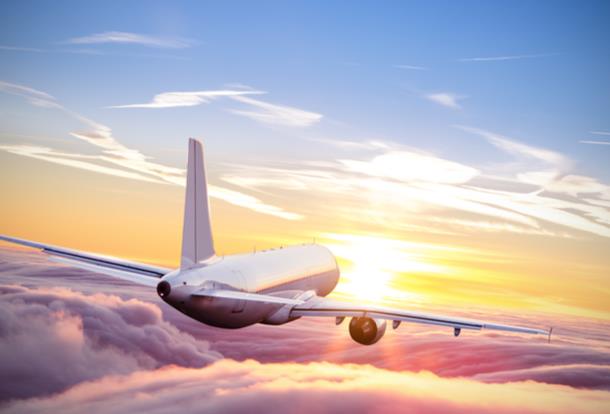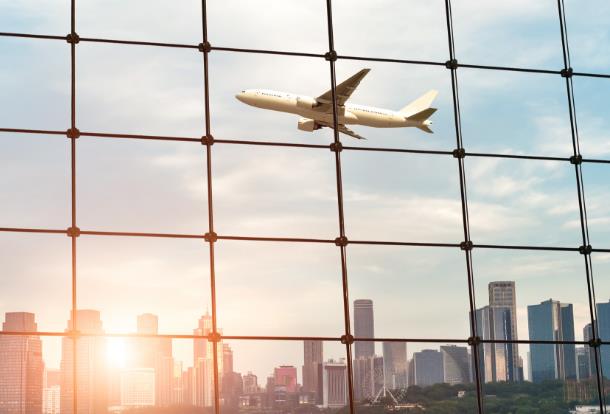There's Coke and Diet Coke, 13 kinds of Cheerios and an endless variety of toothpaste. And now, airplane cabins are being customized, too.
Delta Air Lines is plunging deep into segmentation, industry parlance for dividing an aircraft into multiple fare levels that offer different perks and restrictions.
It's an attempt by Delta and other major carriers to capture a wider swath of customers with varying priorities and preferences, or win back price-sensitive travelers lost to low-cost and ultra-low-cost carriers like Spirit and Frontier.
While airlines have long offered separate first-class and coach cabins, this trend is about selling experiences. These incremental differences between tiers can add up to more revenue and profit.
"The industry, historically, had been on a one-size-fits-all model," Delta Chief Executive Ed Bastian said. "So we are trying to tailor specific products unique to the price points people want to pay. They get the same overall quality of service of Delta, but it may not come with a seat assignment or it may come with different [seat space]."
These segments, now bearing branded names like "basic economy" and "premium select" and "Delta One," have been popping up in recent years. But with 2017 shaping up to be the year segmentation becomes commonplace, customers will need to educate themselves on the sometimes subtle differences before booking a flight. And airlines will have to get better at explaining each tier's value.
At a meeting with investors and analysts earlier this month, Delta President Glen Hauenstein talked at length about the change. "We think we are in the early innings of this kind of customer segmentation," he said, "and that this will deliver significant shareholder value over the next three to five years."
It's the new business model for the major U.S. airlines, which are still adjusting to this new, and relatively stable, era in the industry. The turn of the century ushered in a time of crisis for airlines -- first with the 9/11 terrorist attacks that squelched air travel, then with rising fuel prices and finally with scads of bankruptcies.
Read original article




